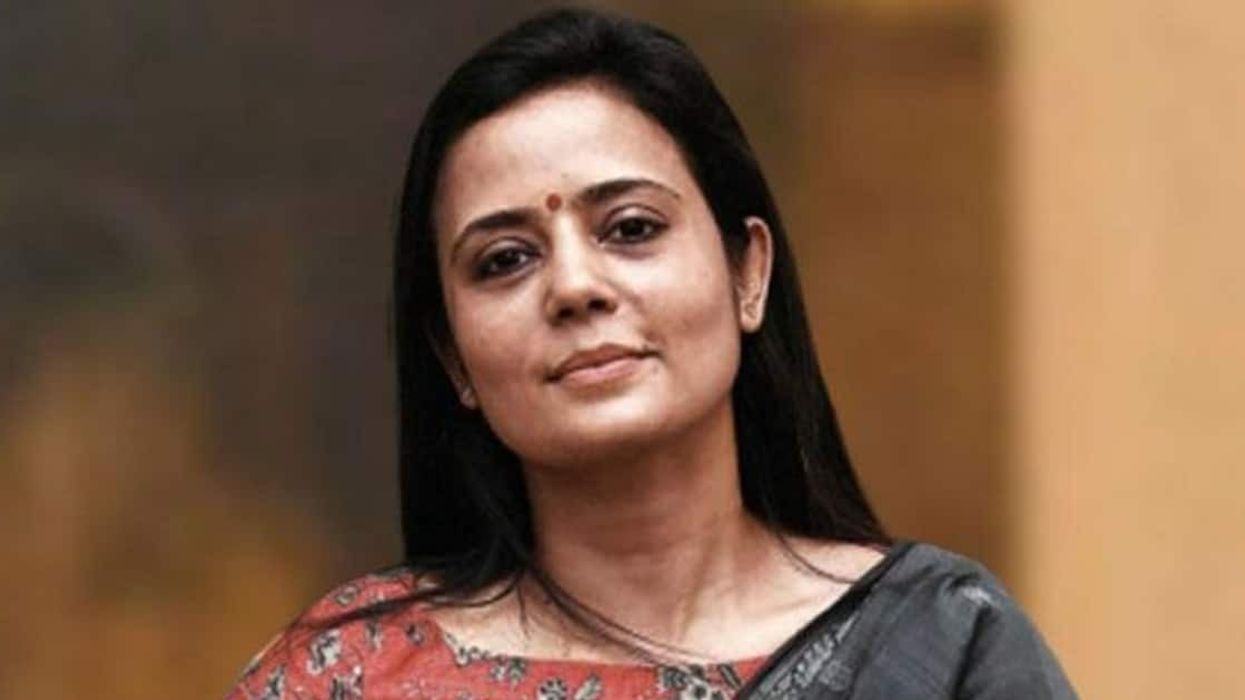Trinamool Congress MP Mahua Moitra on Tuesday stirred a controversy by saying that she has every right as an individual to imagine Goddess Kali as a meat-eating and alcohol-accepting goddess, as every person has the right to worship God and goddess in his or her own way.
While the BJP went hammer and tongs against Moitra and wondered if it was the official stand of West Bengal’s ruling party to insult Hindu gods and goddesses, the TMC distanced itself from the comment and condemned it.
While taking part in India Today Conclave East held in Kolkata, the Krishnanagar MP said it is up to individuals how they view their gods.
“If you go to Bhutan or Sikkim, for example, when they do puja, they give whisky to their god. Now, if you go to Uttar Pradesh and say that you give whisky to your god as prasad, they will say that is blasphemous,” she said. Moitra said that people have the right to imagine their gods or goddess in the way they want.
“For me, Goddess Kali is a meat-eating and alcohol-accepting goddess. And if you go to Tarapith (a major Shakti peeth in West Bengal's Birbhum district), you will see sadhus smoking. That is the version of Kali people worship (there). I, within Hinduism, being a Kali worshipper, have the right to imagine Kali in that way; that is my freedom,” she said.
Moitra said this when asked about a film that had courted controversy after it had put up posters showing Goddess Kali smoking. Moitra said, “I have the freedom to do it (envision a meat-eating goddess) as much as you have the freedom to worship your god as vegetarian and white-clothed.” After her comments went viral, Moitra issued a clarification attacking the Sangh Parivar.
“To all you sanghis - lying will NOT make you better Hindus. I NEVER backed any film or poster or mentioned the word smoking. Suggest you visit my Maa Kali in Tarapith to see what food & drink is offered as bhog. Joy Ma Tara,” she tweeted. The BJP wondered whether insulting Hindu gods and goddess is the official stand of the TMC.
“TMC supremo and West Bengal Chief Minister Mamata Banerjee should clarify it. This is not the first time that such instances have been reported. Earlier too TMC leaders have done the same. We think this is the official stand of the ruling TMC to hurt the sentiment of Hindus to get votes,” BJP state vice-president Rathindra Bose said. The ruling TMC, however, distanced itself from the comments and condemned the remarks by Moitra.
“The comments made by @MahuaMoitra at the #IndiaTodayConclaveEast2022 and her views expressed on Goddess Kali have been made in her personal capacity and are NOT ENDORSED BY THE PARTY in ANY MANNER OR FORM. All India Trinamool Congress strongly condemns such comments,” the party said in a Twitter post.
(PTI)













